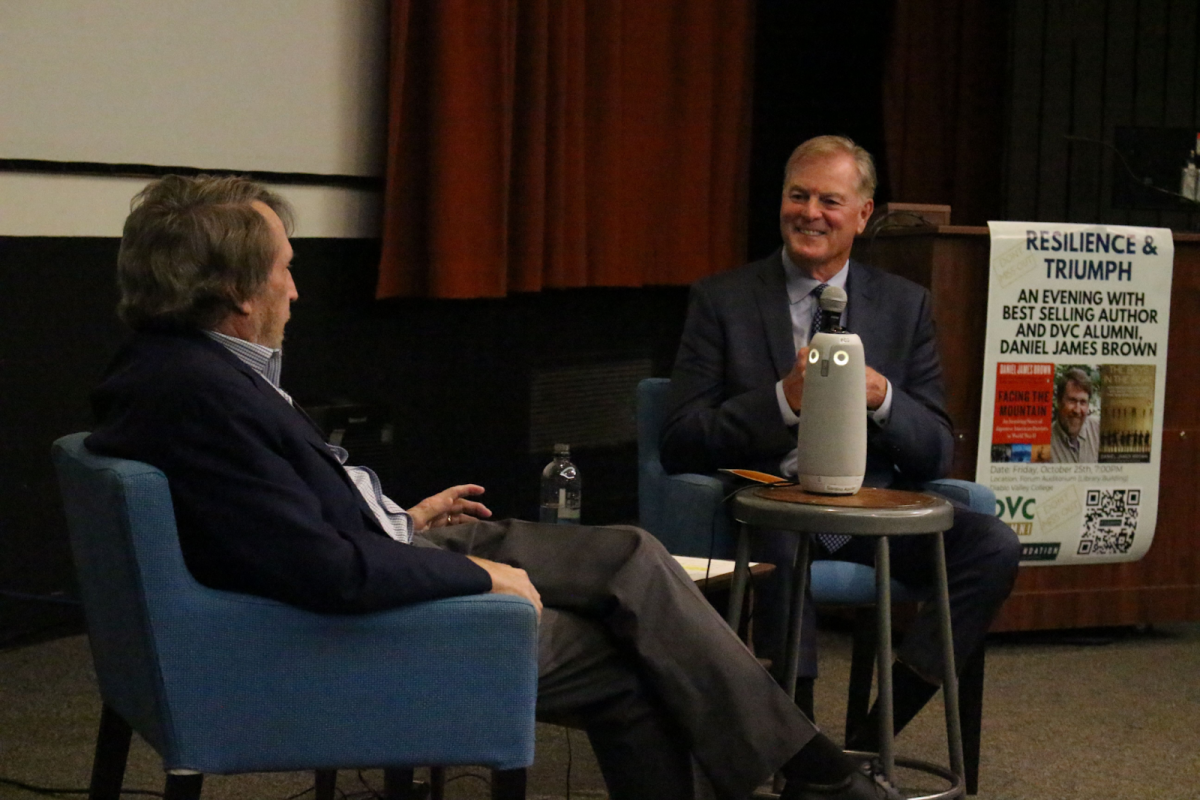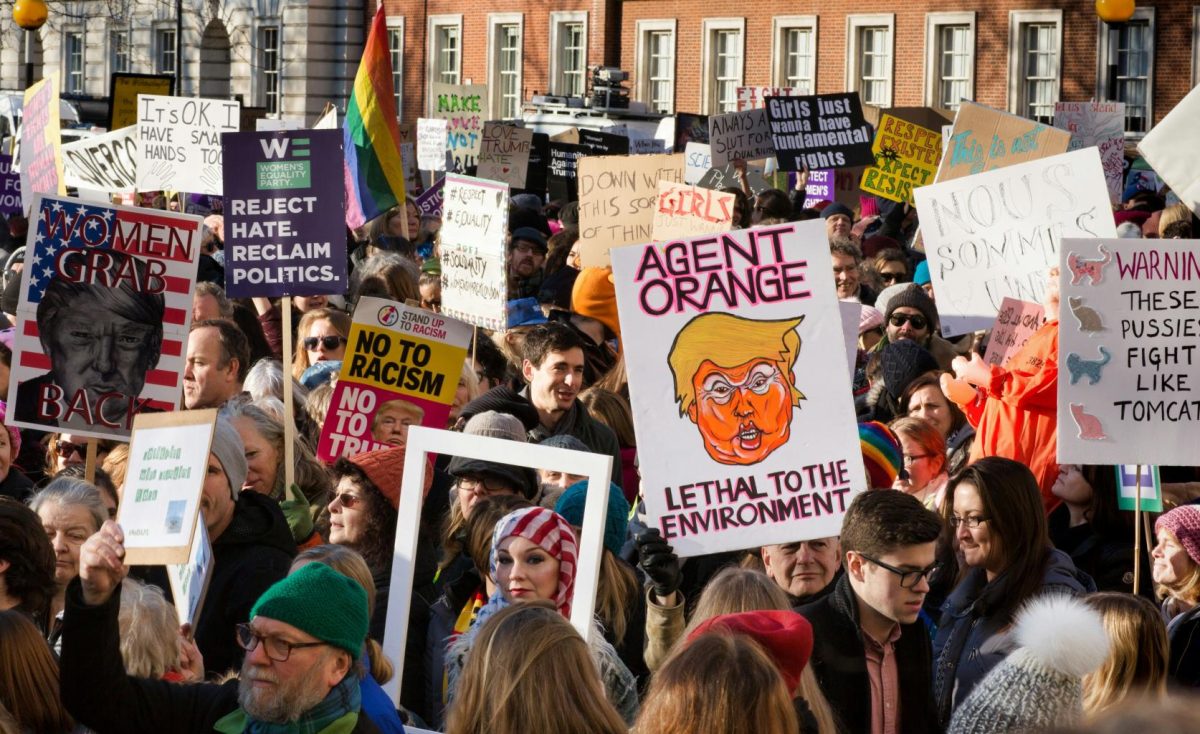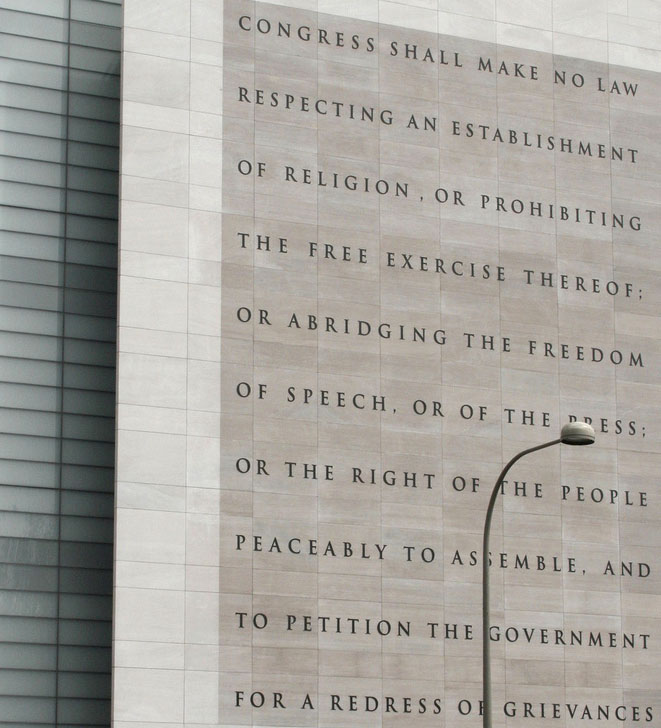DVC Celebrates Constitution Day Focusing On “Cancel Culture” and the Right to Free Speech
September 22, 2021
Freedom of speech is one of the most cherished – and lately, also one of the most controversial – rights we have as Americans. From accusations of fake news to the debate over politically correct speech, some believe free speech is being eroded before our very eyes.
Last week, to commemorate Constitution Day – an annual event celebrated on Sept. 17, the anniversary of the signing of the U.S. Constitution – Diablo Valley College hosted an expert panel via Zoom that included authors, journalists and professors to discuss the rising tide of “cancel culture” and what today’s charged culture-war debates mean for the future of free speech.
The conversation was steered by the chair of the Journalism program at DVC, Professor Mickey Huff, and co-sponsored by the Social Justice Program, Social Sciences, the Journalism Department, and the History Area at DVC, as well as the Student Life Office, Project Censored and the Media Freedom Foundation.
Speakers included Dan Kovalik, author of Cancel This Book: The Progressive Case Against Cancel Culture; Mnar Muhawesh Adley, editor-in-chief and founder of MintPress News and Behind the Headlines; and DVC professors Nolan Higdon (History and Media Studies) and Sangha Niyogi (Sociology and co-director of the Social Justice Program).
Professor Huff said the event was “all about celebrating the freedom of expression – the right to learn, the right to be heard and the right to listen, especially to the ideas that we may find abhorrent.”
He opened with a brief history of the Constitution and the right to free speech in America, and provided examples of the numerous attacks against that freedom –from the era of the abolitionists, through McCarthyism in the 1950s, to the Patriot Act signed by George W. Bush after 9/11. Huff ended by describing the rise of “cancel culture” as “a growing case of censorship that I frankly find alarming.”
The panelists debated a variety of viewpoints about today’s fraught political and cultural climate, with some expressing deep concern about censorship and others saying they were relieved that hate speech today is less tolerated than it was in the past.
A common focus among the speakers was Big Tech, and the role that social media giants like Facebook and Twitter are playing in cases of censorship. Author Dan Kovalik noted that “there has been a shift between the left and the right on free speech,” and claimed that government censorship, once associated primarily with only right-wing ideology, is now being embraced by the left in the name of rooting out “fake news.”
Mnar Muhawesh Adley knows this all too well. Her journalistic work with Mintpress News covering abuses and the struggle for freedom in Palestine has been heavily censored and attacked as both “fake news” and anti-Semitic hate speech, she said.
In fact, Muhawesh Adley shared that after the 2016 partnership of Facebook and the Atlantic Council – a think tank the social media giant brought in to censor so-called “fake news” – the number of Mintpress viewers on Facebook drastically declined overnight.
“The term ‘anti-semitism’ is being weaponized to shut down any criticism of Israel,” she said. “We are living in a time where our First Amendment rights are being trampled on.”
While she agreed that oppressed groups are often the most likely to be censored, politically and socially, Professor Sangha Niyogi argued that “speech can incite violence against minority groups” and raised the question of “what kind of racist speech should be prohibited?”
Niyogi spoke about hate speech, which expresses or incites hatred toward people on the basis of their identity, and said that censorship and “cancel culture” can be used – in a positive sense – to fight against it.
She emphasized that “hate speech is something that society must take seriously, not dismiss as something that might, at worst, hurt the feelings of some over-sensitive liberals.”
Once the panel opened up for a Q&A, many students asked questions about how to get involved in the movement to protect free speech and where to find out more information. Huff recommended both Project Censored and the Media Freedom Foundation as places for students to learn more.
He concluded the meeting by paraphrasing the famous fictional professor fighting for freedom in Harry Potter, Albus Dumbledore, saying: “We live in a time where we can choose what is easy or what is right – and we should choose what is right.”












































































